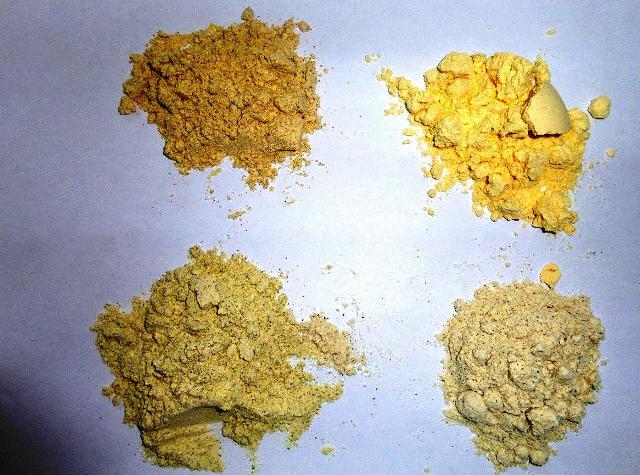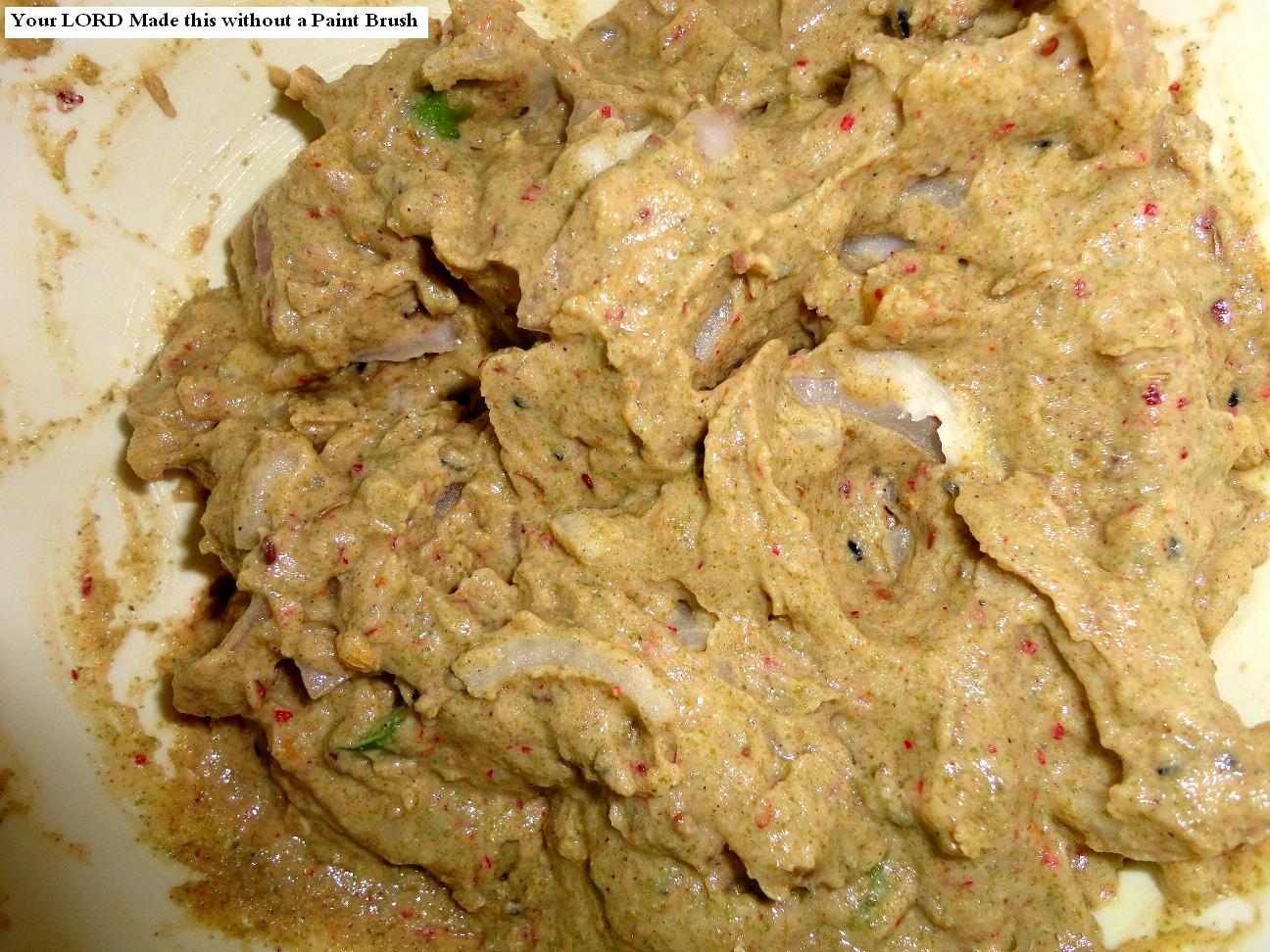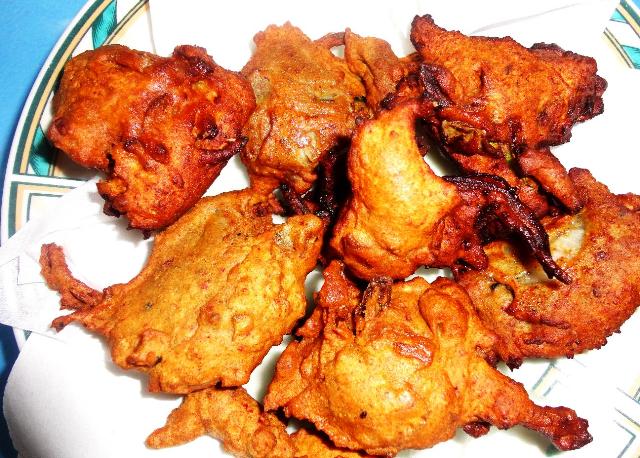Search
Main menu
- Home
- About us
- Online courses
- Tibb-e-Nabawi diet
- Diseases & Remedies
- Healing by Yaqeen
- Healing by Saalehaat
- Dua for Fear & Insomnia
- Dua for Extinguishing FIRE
- Fatihah even for Non-Muslims
- Ruqyah for General Sickness
- Ruqyah for Namlah (Sores)
- Ruqyah for Pains
- Ruqyah for Scorpion's Sting
- Ruqyah for Ulcers
- قُرْآنٌ / Quran
- فاتــحــة الكــتاب / Fatihah-al-Kitaab
- Sadaqah ~ Charity
- Salaat / Prayer
- Saum / FAST
- Healing by Hijaab
- Healing by Foods
- General Principles
- Zabeehah Rules
- The Healing Beverages / Drinks
- Foods ~ From Alif ( أ ) to Baa ( ب )
- Foods ~ From Taa ( ت ) to Raa ( ر )
- Foods ~ From Zaa ( ز ) to Ain ( ع )
- زبـــد / Zubd / Butter
- زنـــجبـــيل Zanjabeel / Ginger
- زَيْتٌ / Zait / Olive Oil
- ســـفرجـــل / Safarjal / Quince
- سِلـق / Silq (Beetroot)
- ســـمــك / Samak (Fish)
- سَمْن / Sam'n / Ghee
- شـــحـم / Sha'hm / FAT
- حنــيذ / شواء / Shiwaa' ~ Haneez
- طــلـــح / Tal'h / Bananas
- عـــدس / Adas (Lentils)
- عــســل / Honey
- عــنب / Enub / Grapes & Zabeeb
- Foods ~ From Qaaf ( ق ) to Yaa ( ى )
- Healing by Herbs
- Healing by Hijamah
- Prophet's Guidance
- Modern ailments
- Formulations
- Recipes
- Blessed Foods / Drinks
- Breakfasts
- Barley Soups
- BARLEY Cakes
- Cottage Cheese / Yogurt recipes
- Fish, Meat & Poultry
- Fruit Ice Creams
- Hais ~Kalaqand / Halwah recipes
- Pickles, Chutneys & Molasses
- Veggies / Lentils / Rice in Olive Oil
- Beetroot Pulao
- Camel's Qeema Pulao
- Red cabbage Pulao
- Bell Peppers in Olive Oil
- Bell Peppers stuffed with Kebabs
- Bitter Gourd in Olive Oil
- Black eyed peas with Beetroot
- Cauliflower in Olive Oil
- Oven Baked Vegetables
- SAAG with Olive Oil
- Sweet Potato Cutlets
- Sweet Potatoes in Olive Oil
- White Beans with Spinach
- Camel's meat Pulao with Red Rice
- Cooking with Olive Oil
- Halal Vinegar Technology
اللهُمَّ إنِّي ظَلَمتُ نَفْسِي ظُلماً كَثِيراً وَلا يَغْفِرُ الذّنُوبَ إلا أنت. فَاغْفِر لِي مَغفِرةً مِن عِندك وَارحَمنِي إنَّكَ أنتَ الغَفُورُ الرَّحِيم
Which lentils to select for Pakoras ?
Ibn Al Qayyam wrote that antidote for the harmful effects of lentils was Granted to their shell by Allah. He also wrote that White lentils are the best among all varieties.
Besan is the ground Chana Daal which is washed to remove the shell, it is the most difficult Daal to digest & hence its Besan has the same defect, your Pakoras always create acidity & when you fry them in damaged vegetable oils, they become the worst.
Among Daal varieties, we always recommend only 3 which are :
- White Lobia (Black eyed peas) or Navy beans
- Whole Mung Daal with green shell
- Black Chickpeas (Bengal gram, also called Kala Chana)
You should avoid all washed lentils, & even for those with the shell, avoid Mash, White chickpeas (Garbanzo beans), Masoor Daal, etc. Fava beans (Foul Mudammis) popular among Arabs is the worst, it increases Uric acid & it is the so hard to digest. Once in a while, you may be enforced to eat washed lentils, but never make a habit of consuming them regularly. So for Pakoras, our selection is to prepare Aata (flour) of Black chickpeas, White Lobia & whole Mung Daal. They are not available in the market, you will have to get them prepared as a special order from a flour mill. We prepared Pakoras with flour of whole Mung Daal (green shelled). Date stones powder & Kalonji were added to pull the healing of Tibb-e-Nabawi, along with Summaq, Flaxseeds, Zeerah, coriander seeds, dried Fenugreek (Methi), onions & Hari Mirch, never add potatoes in Pakoras & replace them with sweet potatoes instead. Similarly, egg-plant (Baingan), cabbage & cauliflower should also be avoided. Heat the olive oil at high flame, when the smoke point is achieved, lower the flame a bit & add the dough, when cooked, you will realize that they will be harder than the ordinary Besan Pakoras, Daal's shell interfered & minimized the oil absorption in Pakoras, that is what I have understood. And Masha'Allah that they had a high digestibility; no problems at all for acidity, bloating or burping. So you can make Pakoras even with other lentils, Green Mung & Black eyed peas are the best along with Black chickpeas. Ordinary Besan should be completely avoided.




 Online Guests
Online Guests
We have 153 guests and no members online

